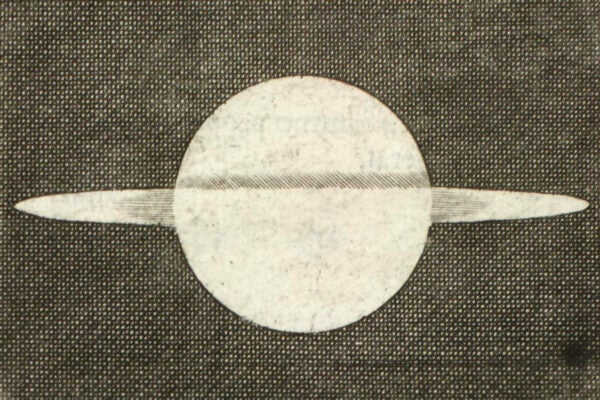One of the most important virologists in history, Jonas Salk (1914–1995) was a leader in developing the first effective vaccine for polio, introduced in 1955. Polio is an infectious disease, often deadly, that can also cause severe paralysis. Salk and his team used HeLa stem cells in their research, which has come to all but eliminate polio in many countries all over the world.
Salk became a folk hero in the 1950s, but he continued his career as a researcher and used his stature to contribute to discourse around difficult social problems. In his essay “The Survival of the Wisest” (1975), he discusses an issue that preoccupies many of us today as we contemplate climate change: whether human values must change to guarantee the survival of our species and the planet.
The fork in the road at which man now stands offers either a path toward the development of ways and means for maximizing self-expression and self-restraint, by means of external restraints that are not suppressive or oppressive, or an alternative path of limitless license which could unleash destructive and pathological greed at the expense of constructive and creative individuals. The challenge is to establish an equilibrium between self-expression with self-restraint on the one hand, and self-protection with self-restriction on the other.
Salk uses scientifically informed comparisons to the evolution of other species to offer observations on what choices homo sapiens can make in going forward.
Support JSTOR Daily! Join our new membership program on Patreon today.







